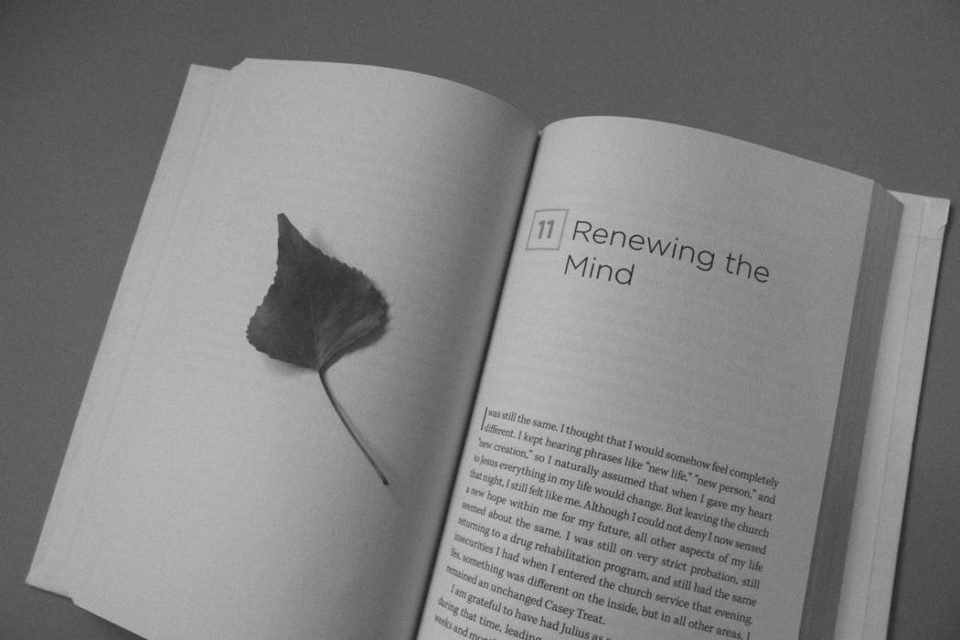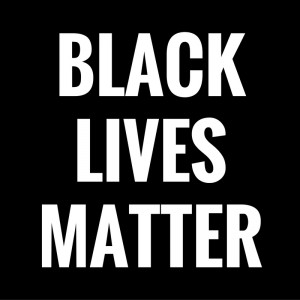Those of us who have lived through relational trauma typically have a challenging time setting healthy boundaries for ourselves. We’re either too rigid or too flexible.
In my work with clients, I hear a lot of things like, “I do so much for her. She would never do for me what I’ve done for her.” Or “Why am I always the one bending over backward for everyone?” And “Everything is always up to me. Why doesn’t anyone offer to help me get things done or make decisions?”
We do a lot. We do for others, hold things down at work and home, support our loved ones, and take care of our responsibilities. We’re in weddings. We go to baby showers and birthday parties. We make sure gifts have been wrapped, and cards have been sent.
We also have days when we can’t seem to pull ourselves out of bed to make into work on time. Laundry piles up. Our budgets are neglected. It takes us forever to get out the door because we’re slogging through a million things and can’t seem to cross the threshold to the outside world.
A lot of us feel overburdened and underappreciated at work, at home, or in our relationships. Sometimes this is because we’re tired and vulnerable. Sometimes it’s because we’re doing too much. And some of us chronically do too much, give too much.
We say yes too often, take on too many responsibilities, do too many favors, caretake, and neglect our own needs. We give gifts, make trips, invest ourselves in finding solutions to problems, accommodate, and excuse behavior. None of these behaviors are inherently problematic, but too much too often and with the wrong intention makes us feel imbalanced and resentful.
If I’m constantly trying to find ways to accommodate coworkers, clients, friends, and family members, anticipate peoples’ needs, and please everyone all the time, I’m probably going to find myself wondering when people are going to offer me the same in return. I’ll be waiting a long time, though.
That’s kind of how this works.
In psychotherapy, we look at schemas. A schema is a framework for how we live and relate. It’s information we’ve accumulated from life and stored in our brains and bodies. That information helps our brain decide what it believes, how we should respond to our beliefs. It helps us have expectations. To our human brain, assumption equals truth. It’s an “If this, then that,” process. Most of our schemas were programmed during childhood.
Those of us who habitually over-accommodate and people-please often have schemas that tell us something like, “I have to overextend to get love. I am not ok as I am.” We believe that we’ll lose relationships if we don’t constantly give to and please others. And we usually bring this attitude to work, our relationships, and our homes. At that rate, we’ll feel resentful and exhausted in no time flat.
We do these things because we believe we have to, not because we want to. Sometimes it’s mixed; we enjoy seeing the look on someone’s face when we do something nice for them but we also need to do something that elicits that response for us to feel good about ourselves, loved, and worthy. It’s a lot like getting a fix.
Once we find out what we’re doing, why we’re doing it, and that it doesn’t work for us, we feel kind of trapped. The whole point is to keep overdoing it so that we’ll feel lovable and worthy. The compulsion is to keep doing more and more and more. How could we ever imagine pulling back and doing less for others?
It’s not an easy transition to make. Like any new habit, it feels awkward and uncomfortable at first. What’s worse is that it comes with flawed logic that, for so long, has felt like truth. Chances are, we don’t know why we feel this way. We probably don’t, “I do too much. I give too much of myself in order to keep my relationships and feel loved.” We probably think, “I do what I’ve always done.”
Some of us have moved hundreds or thousands of miles away from our triggers only to find that they have followed us, a sort of “the call is coming from inside the house” situation.
We find ourselves in similar situations and relationships to the ones we left. The scenery has changed, but the narrative is the same.
We’re bending over backward for people and not considering our needs. We feel underappreciated and taken for granted. We store our resentments, and they leak out in other ways.
And whether we’re aware of it or not, we’ve defined ourselves by our people-pleasing behaviors. It’s been our way of relating to our world for a long time. Mourning the loss of this identity will come with its own process.
So, what do we do?
First, we should approach our transition out of over-accommodating and into healthy boundaries slowly and deliberately. When faced with an urge to caretake or accommodate, we can ask ourselves, “Who is this for?” It will feel a little clunky at first. The question is a great start because it reminds us that we have choices in our interactions.
Our first answers to this questions will probably be something like, “It’s for them! They need something, and I can make it happen.” We might think, “It’s for me. I love to help people.” While these statements might be true, beneath the surface lies a whole world of expectation- that the person will do the same thing for us, that they’ll love us more, that they’ll see how irreplaceable we are, that we’re special.
We can also ask ourselves, “What do I want from this interaction? What am I expecting from the other person?” Running through this a few times is a great exercise in self-awareness and mindfulness. It also teaches us to consider ourselves, an act of self-care.
We can follow up with running through a previous scenario with the same person. “How often have they met my expectations before this situation? Am I expecting a brand new behavior from them because I want it or because they’ve taken legitimate steps toward that behavior?”
Be prepared to be uncomfortable. When we’re used to getting our self-worth from acts of service, performing fewer of those acts will be anxiety-producing. (And somehow, simultaneously, a relief.) Reconditioning ourselves is slow-going and scary.
If we’ve found ourselves saying, “This person would never do for me what I’ve done for them,” there is probably wisdom in that. And more than meets the eye. If someone wouldn’t do for us what we’ve done for them, why not? Do they value their time more than we value ours? Are they selfish? Are they better at prioritizing where they give their favors? Could we learn from their boundaries?
If we consistently find ourselves in relationships where we’re giving more than the other person, we need to look at a) who we’re forging relationships with and b) our beliefs and patterns of behavior in relationship.
When we’re caught in a pattern of people-pleasing, the language of over-accommodating spins both ways. We believe that we have to do more than we can do to be lovable and maintain the relationship. We also believe that others should over-accommodate us if they really love us. If they don’t, it means they don’t love us or that we’re not as important to them as they are to us. This is pretty hard to live up to (especially if the other person isn’t aware of the rules).
If people-pleasing is our love language, we’re going to have no trouble finding people who would love for us to please them. We will have trouble finding people who will put up healthy boundaries for us.
If you want to talk about your struggle with people-pleasing and are curious about how you can establish healthy boundaries for yourself, I’d love to talk with you!
Love and Be Loved,
Natalie










